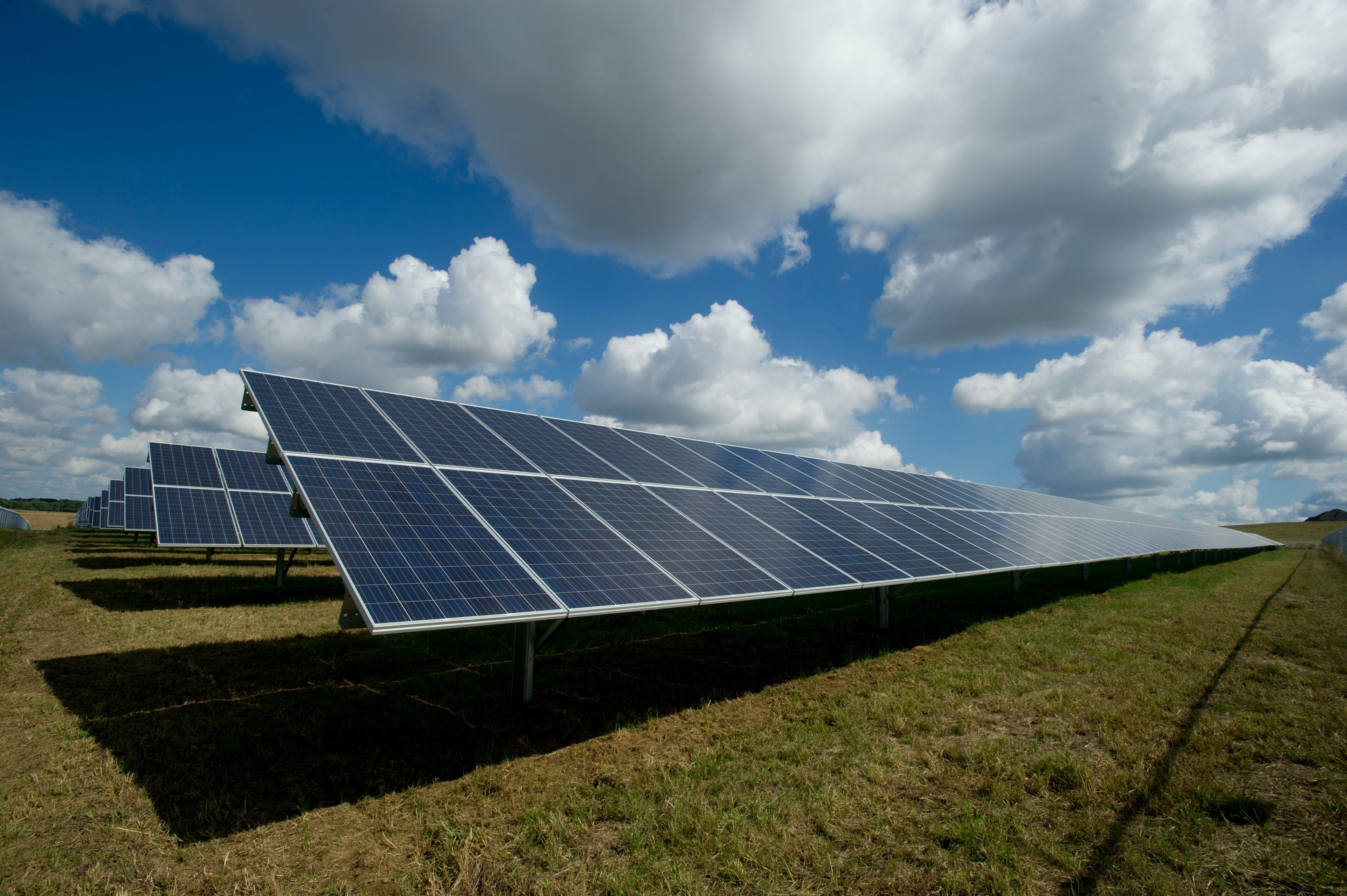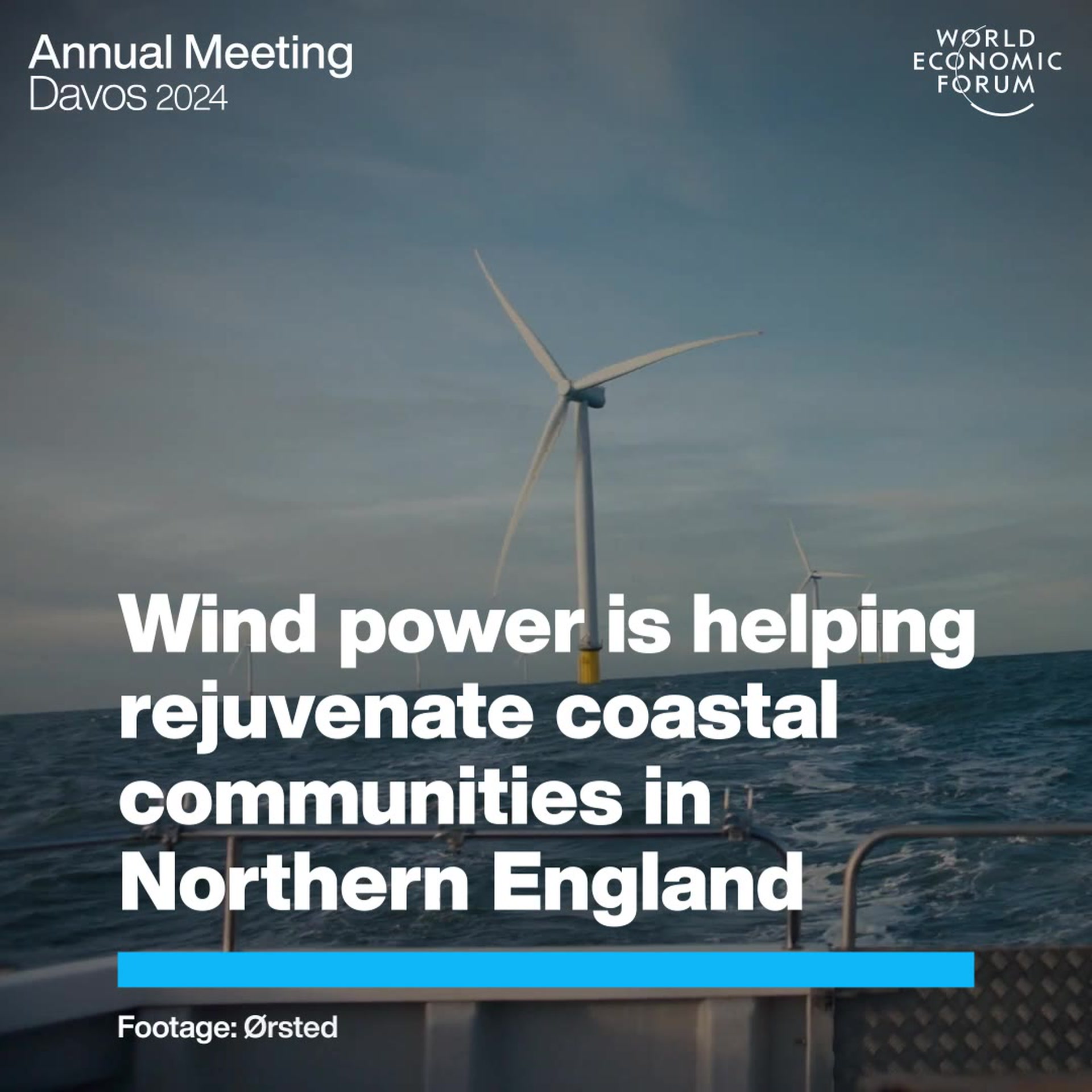Access to electricity is increasing fastest in these countries


Get involved with our crowdsourced digital platform to deliver impact at scale
Stay up to date:
Electricity
The new Global Goals for Sustainable Development include an aim not explicitly stated in the earlier Millennium Development Goals: to “ensure access to affordable, reliable, sustainable and modern energy for all”.
Access to energy – especially from low-polluting and sustainable sources – is recognized as a cornerstone for development, facilitating advances in poverty and hunger reduction, women’s empowerment, and the safeguarding of health.
According to World Bank data, a large number of countries have reached 100% access to electricity since 2010, including China, Iran, Egypt, Thailand and Lebanon. This takes the total number of countries in this category to 86.
Many of the countries that have made the most progress in providing access to electricity since the year 2000 are in Africa. Morocco has seen the biggest increase – 28.9 percentage points, from 71.1% in 2000 to 100% in 2012 – while Congo, Senegal, South Africa and Ghana have all seen increases of around 20 percentage points.
However, other African countries also have the furthest to go to meet the new Global Goal of securing energy access for all. The 26 countries with the lowest access to electricity – from Chad at 3.5% to Gambia with 31% – are all in Africa, with the exception of Papua New Guinea, in 11th place with 14.5%.
Here are the countries that have made the most progress since 2000:
To keep up with the Agenda subscribe to our weekly newsletter.
Have you read?
What is the future of electricity?
Renewable energy is not enough: it needs to be sustainable
Power of Africa: a picture is worth a thousand watts
Author: Sebastian Brixey-Williams is a Digital Content Producer at Formative Content.
Image: Electric pylons are pictured in Soweto, southwest of Johannesburg, March 31, 2015. REUTERS/Siphiwe Sibeko
Don't miss any update on this topic
Create a free account and access your personalized content collection with our latest publications and analyses.
License and Republishing
World Economic Forum articles may be republished in accordance with the Creative Commons Attribution-NonCommercial-NoDerivatives 4.0 International Public License, and in accordance with our Terms of Use.
The views expressed in this article are those of the author alone and not the World Economic Forum.
The Agenda Weekly
A weekly update of the most important issues driving the global agenda
You can unsubscribe at any time using the link in our emails. For more details, review our privacy policy.
More on ElectricitySee all
Francisco Laverón, Randolph Brazier, Natalia Zabolotnikova and Xabier Mugarza Zorriqueta
March 26, 2024
Johnny Wood
February 8, 2024
Cristen Hemingway Jaynes
February 5, 2024
Jamie Wylie and Adrienne Gibbs
January 18, 2024
January 17, 2024








